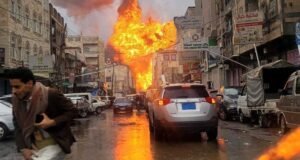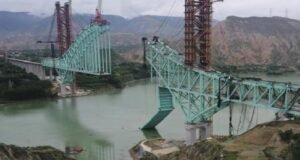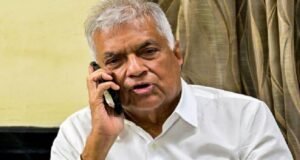
Palestinian factions in Lebanon are eager to open a second front against Israel if the Shia-backed group Hezbollah leads the charge, fighters and analysts said.
“Wherever [Israel] is ready for [the fight] to happen, it will happen,” said Ahmed Habet, a member of the Palestinian party Fatah in Burj al-Barajneh, a refugee camp in Lebanon’s capital Beirut, reports Al Jazeera.
“I’m the blood of my homeland. I live for my homeland. I don’t live for the future,” he added.
An all-out war between Israel and Hezbollah – backed by Palestinian factions – is a possible scenario that could drag Lebanon and the region into a catastrophic conflict.
Since Saturday, more than 700 Israelis and 500 Palestinians have been killed following Hamas’s surprise operation from the Gaza Strip, a piece of land that it governs and that Israel has besieged for 16 years. Rights groups describe Gaza – home to two million people – as the “world’s largest open-air prison.”
On Monday, Israel announced a “total blockade” of the coastal enclave, cutting off supplies of water, food and electricity in an act of collective punishment that, under international law, represents a crime against humanity.
Unlike fighters in Gaza, branches of Palestinian factions in Lebanon such as Hamas, Fatah and the Popular Front for the Liberation of Palestine (PFLP) can not sustain an assault against Israel on their own.
Enter Hezbollah, which fired mortar strikes from Lebanon into the occupied Shebaa Farms on Sunday. Israel responded with artillery strikes as it continued to battle Hamas fighters inside southern Israel while bombing the Gaza Strip indiscriminately.
Both sides may not be able to avoid – and may even welcome – a major escalation, said some analysts. Whether a broader conflagration actually unfolds could depend on the next steps Israel takes — at home, and against the Gaza Strip, they said.
“A conflict on that scale will be much more likely if [Israeli Prime Minister] Benjamin Netanyahu is able to form a unity government,” said Mohanad Hage Ali, a senior fellow with Carnegie Middle East Center, a Beirut-based think-tank.
“[Netanyahu] needs to feel secure politically to engage on all fronts,” he added.
 Weekly Bangla Mirror | Bangla Mirror, Bangladeshi news in UK, bangla mirror news
Weekly Bangla Mirror | Bangla Mirror, Bangladeshi news in UK, bangla mirror news







